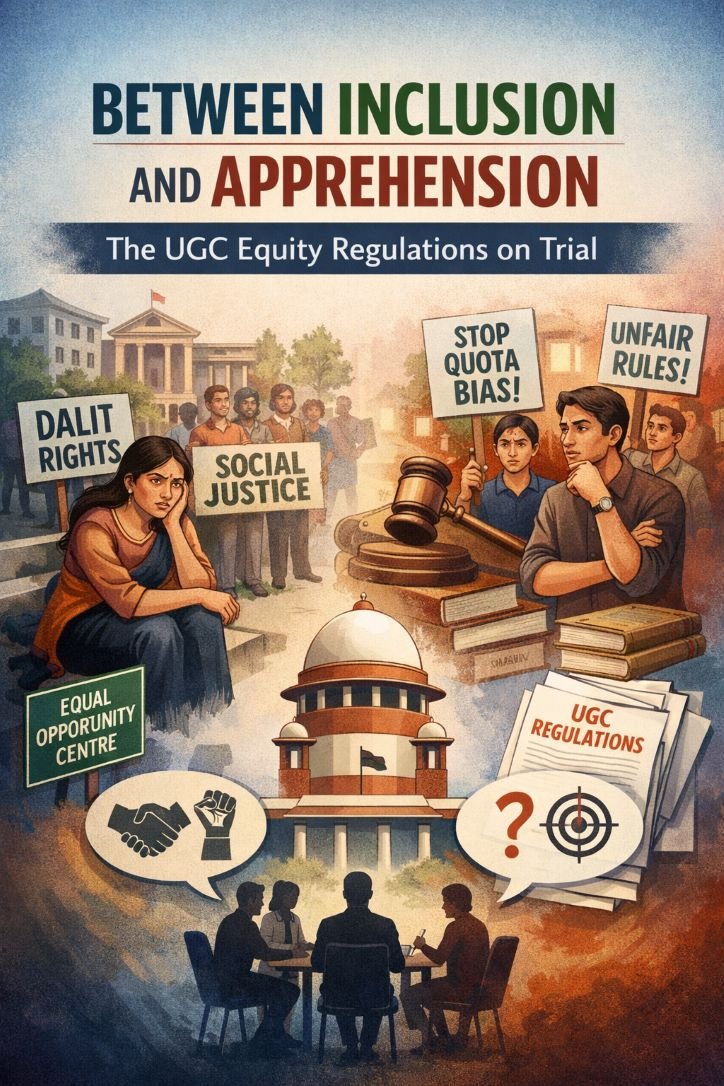
By Prof. Aanchal Singh, Assistant Professor of Finance, Jaipuria School of Business, Ghaziabad
 Artificial intelligence (AI) technology is advancing quickly. This inexorable progress has both raised enthusiasm and concerns about how AI may affect the labour market. The education sector is crucial in educating students for the shifting employment landscape as AI technologies advance. In order to prepare students for success in an AI-driven future, this essay examines how teachers may proactively change their strategies.
Artificial intelligence (AI) technology is advancing quickly. This inexorable progress has both raised enthusiasm and concerns about how AI may affect the labour market. The education sector is crucial in educating students for the shifting employment landscape as AI technologies advance. In order to prepare students for success in an AI-driven future, this essay examines how teachers may proactively change their strategies.
Understanding AI’s Impact:
Various industries have already started to change as a result of AI, which automates tedious jobs and improves human capabilities. Despite the enormous potential for increased productivity and innovation, job displacement remains a problem with AI. The World Economic Forum estimates that by 2025, AI technology might eliminate about 85 million jobs while creating 97 million new ones. The education industry must be proactive in navigating this shifting environment to make sure students are ready for the occupations of the future.
Promoting Digital Literacy:
The key to success in the AI-driven environment is digital literacy. The development of digital competencies, such as coding, data analysis, and critical thinking, must be a top priority for schools and other educational institutions. Students will be better equipped to comprehend AI’s promise and constraints if AI-related disciplines are integrated into curricula. Teachers can develop a generation of flexible learners who can use AI as a tool rather than see it as a threat by encouraging computational thinking and problem-solving skills.
Emphasizing Soft Skills:
While AI may automate some technological jobs, some abilities are still exclusively human. These consist of critical thinking, emotional intelligence, flexibility, and creativity. These soft talents should be developed more in the educational system. Students can gain the critical skills that will be highly valued in the AI-dominated job market by promoting collaborative learning environments, project-based examinations, and practical problem-solving activities.
Lifelong Learning and Reskilling:
The idea of lifelong learning is vital as AI changes the nature of the workforce. The education industry needs to encourage a mindset of ongoing education and skill-upgrading. It’s critical to provide flexible, personalised learning pathways that let people update their knowledge and pick up new abilities. Institutions can work with businesses to offer apprenticeships, internships, and training programmes that bridge the gap between academic understanding and real-world application, ensuring that graduates are prepared for new career prospects.
Ethics and Responsible AI:
The ethical ramifications of AI must also be addressed in the education sector. Discussions about AI ethics, bias, and responsible use of technology should be incorporated into the curriculum by educators. Students can become responsible AI users and proponents of ethical practises by developing a strong awareness of AI’s social and ethical consequences. This will ensure that the technology is used in a way that benefits society as a whole and help eliminate AI-related problems like algorithmic bias.
Conclusion
The education industry must adapt to suit the shifting needs of the future workforce as AI continues to disrupt the employment market. Teachers can give kids the skills and knowledge they need to succeed in an AI-driven society by placing a high priority on digital literacy, soft skill development, lifelong learning, and ethical considerations. The path to a smooth transition into the jobs of tomorrow will be paved with an acceptance of change and the adaptation of instructional techniques.








